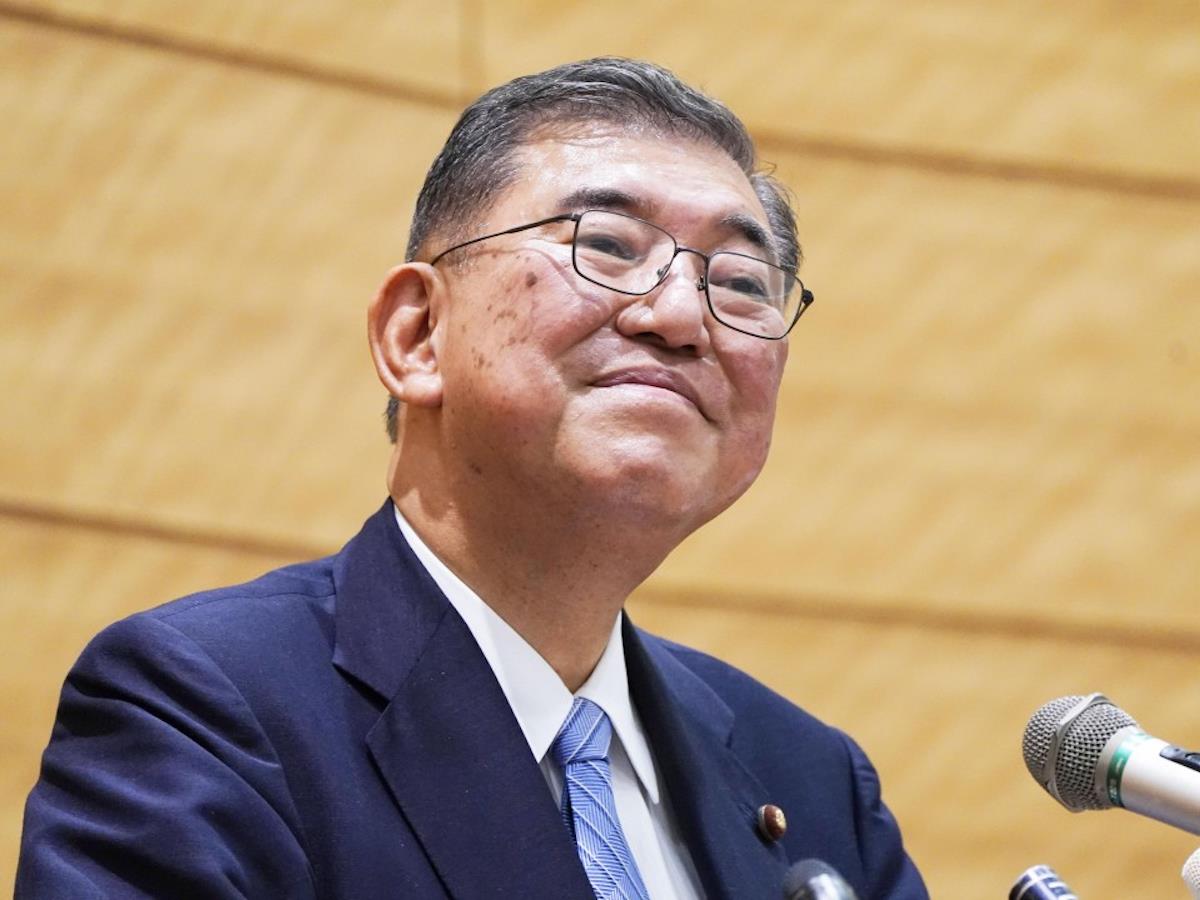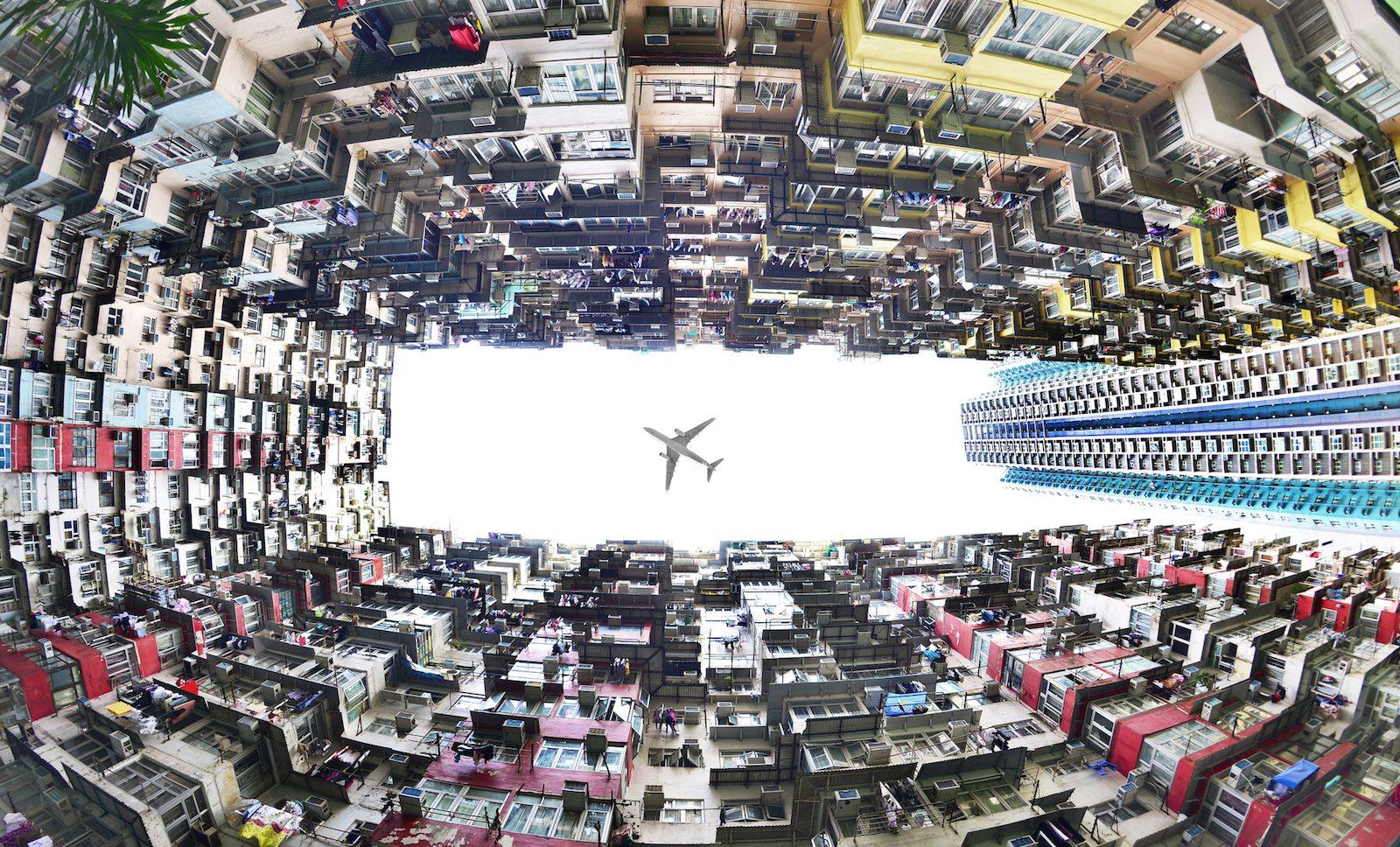
Japan's Ishiba Needs China To Thrive To Survive
Washington, too, where officials are stepping up efforts to ensure the US avoids the recession economists have been predicting for years. Beijing and Washington's pivots toward stimulus will do more for Japan than anything lawmakers in Tokyo might muster in the months ahead.
An added challenge as Ishiba, 67, grabs the baton from Fumio Kishida will be lasting more than a year in power. Though Kishida's been around for three years, and mentor Shinzo Abe lasted nearly eight from 2012 to 2020, Japanese premiers tend to get 12 months to make their mark. And history shows most don't.
Japan must hold its next general election by October 2025. The clock is already ticking as Japan's new government inherits a uniquely lopsided economic trajectory.
On the one hand, the inflation Tokyo had been craving for 25 years has arrived. And the Bank of Japan is finally trying to normalize a super-aggressive interest-rate regime.
On the other, that very rising-price dynamic is tanking household and business confidence. Japan really is the economic equivalent of the dog that caught the car as consumers miss deflation, which many viewed as a stealth tax cut.
This balancing act proved too much for Kishida, who took power in early October 2021. Ostensibly, Kishida's dismal approval ratings reflected political funding scandals within his Liberal Democratic Party. In reality, it was an underperforming economy that ended his tenure prematurely.
Kishida did himself no favors by prioritizing foreign policy over economic reforms. Question is, will Ishiba, a former defense minister, do the same?
Ishiba's an old-school China hawk who favors creating an“Asian NATO ,” a push that Xi Jinping's government hardly needs at the moment. He now has scope to lobby the region to create a bulwark against Beijing's priorities.
Not that the polarized state of Tokyo politics is currently primed for passing legislation to cut bureaucracy, loosen labor makets, launch a startup boom, empower women or other reforms to increase national competitiveness.
Ishiba will learn this soon enough. Which is why Tokyo is so captive to events in Beijing and Washington.
This week, Chinese leader Xi Jinping seemed to admit, indirectly of course, that the globe's No. 2 economy is in trouble.
On Tuesday (September 24), Beijing unveiled aggressive stimulus measures to support an economy grappling with a deepening property crisis . The People's Bank of China announced its first simultaneous cut in key short-term rates and banks' reserve requirements since at least 2015.
Mainland stocks rallied the most this week since 2008 on the news. And
PBOC Governor Pan Gongsheng saying further cuts in the amount cash banks must hold as reserves are coming suggests the stock rally might have legs.

Legal Disclaimer:
MENAFN provides the
information “as is” without warranty of any kind. We do not accept
any responsibility or liability for the accuracy, content, images,
videos, licenses, completeness, legality, or reliability of the information
contained in this article. If you have any complaints or copyright
issues related to this article, kindly contact the provider above.






















Comments
No comment